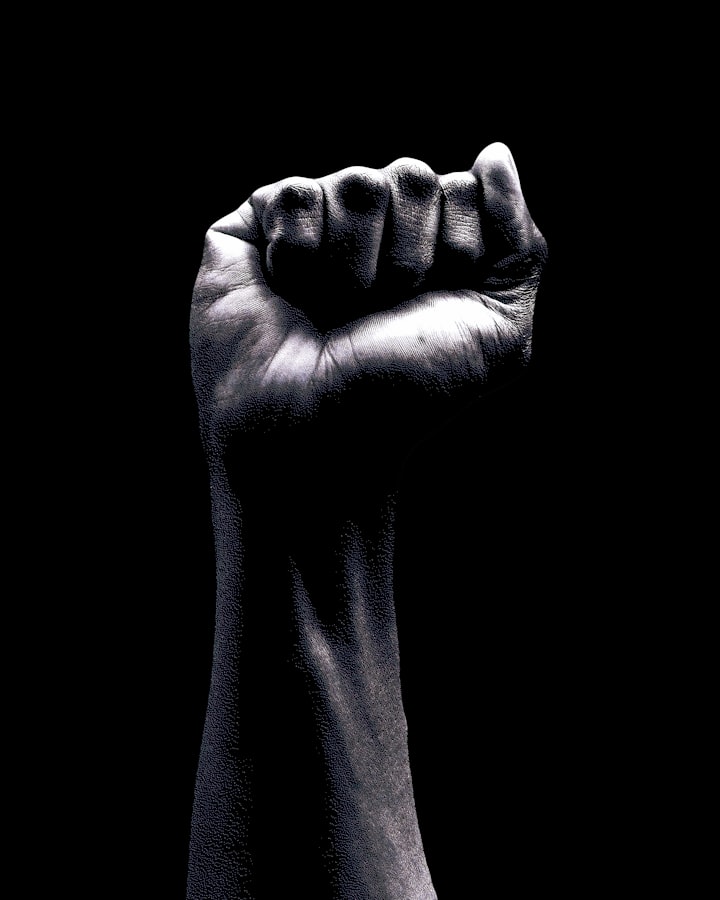Cal Newport's Deep Work
Reflections of a Typical Corporate Slave

There is an email popping up in Outlook from the manager.
Some people are pinging in Teams.
The testing team reported a blocker and deployment is going on.
In between, I am trying to find out a solution for the ongoing critical issue in production, and this needs to be finalized before the onshore team wakes up.
This is how a day that starts at 10 AM and ends around 10 PM looks like for me. Also, it has more than a fair share of meetings and calls. In between all this, deep work!! - Cal Newport, are you joking? This was my initial reaction to deep work.
I heard about Deep Work from the instructor of a writing course I attended a year ago. Though I could understand the value of deep work in a writing process, I was one hundred percent sure that it won't work in my case. But the FOMO was real and I didn't want to leave any stones unturned.
Let me tell you honestly, I am not a "follow your passion as your profession " kind of person. I have always considered my job as a mundane one. But still, there are some days when I get immersed in the work I am doing and get into the "flow" state that everybody keeps talking about. I have noticed that such periods bring a certain satisfaction to me. So I decided to give this book a try despite my initial skepticism.
Cal Newport has two sections in his book - the first section explores the idea of deep work and the second section is on how to inculcate deep work into our lives. I was already bought on the idea of deep work.
You don't need a rarified job; you need instead a rarified approach to your work.
As someone who considered her job as a mundane one, this was such an eye-opener. The entire chapter on the meaningfulness of deep work was a perspective shifter for me. I would never look at my job the way I used to.
Then comes the most important question of how to embrace deep work into corporate life. Newport mentions four rules - work deeply, embrace boredom, quit social media, and drain the shallows.
Let's explore the different strategies for working deeply. The monastic (total elimination of shallow work like you go and live on top of a mountain without any connectivity), bimodal philosophy(be away from all shallow obligation for a long period), journalistic philosophy (switching to deep work when time permits. Not suitable for a novice) cannot be applied to the corporate life because we are answerable to a lot of people. The only remaining option is the rhythmic approach, which I am experimenting with. It makes me wake up at an early hour and helps me get things done before the parade of calls and meetings. It will take some months to successfully adapt to this model.
Embracing boredom may sound simple. But how many of us can resist checking our phones even though no new notification pops up? I have blocked all the notifications on my phone and still I catch myself looking at my phone now and then.
Don't take breaks from distraction. Instead, take breaks from focus.
This is something that needs to be framed in front of my work desk. Newport recommends scheduling the distraction period in advance and avoids temptation at any cost. We cannot delay checking our emails for hours. But once in an hour is reasonable as per my understanding. The next valuable strategy is productive meditation. This is the hardest in his set of rules. I will write about it if ever I can do it successfully.
Quitting social media was not a big deal for me. I have been staying away from social media for a year now. I check my accounts once in a while and haven't deleted any of the social media accounts apart from Facebook. But they don't have the same influence as before. This was the easiest rule for me.
The next rule is draining shallows. It is mainly about scheduling every minute of the workday and avoid spending time on shallow activities such as responding to emails. This needs a lot of work and has to figure out an ideal way without sabotaging my career.
As per me, the most impossible rule from Deep Work is shutting off the laptop at 5.30. I am wondering if anybody working in the corporate sector has achieved that without sabotaging their career. Most of my meetings and calls start at 6 PM and it is impossible to achieve it in a client servicing role.
To sum up, below are the strategies I found useful and can be adapted to anybody's life.
1. Get the most important work done before the day even starts.
2. Schedule the idle time and avoid distraction
3. Productive Meditation
About the Creator
chembarathi
In search of the stories I cannot hold in my heart.
https://linktr.ee/chembarathi






Comments
There are no comments for this story
Be the first to respond and start the conversation.